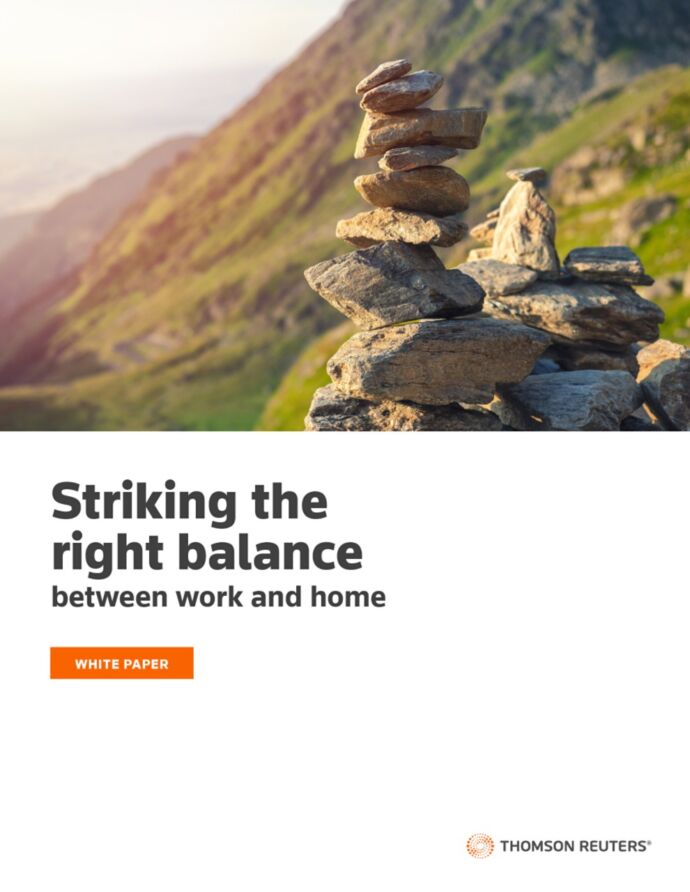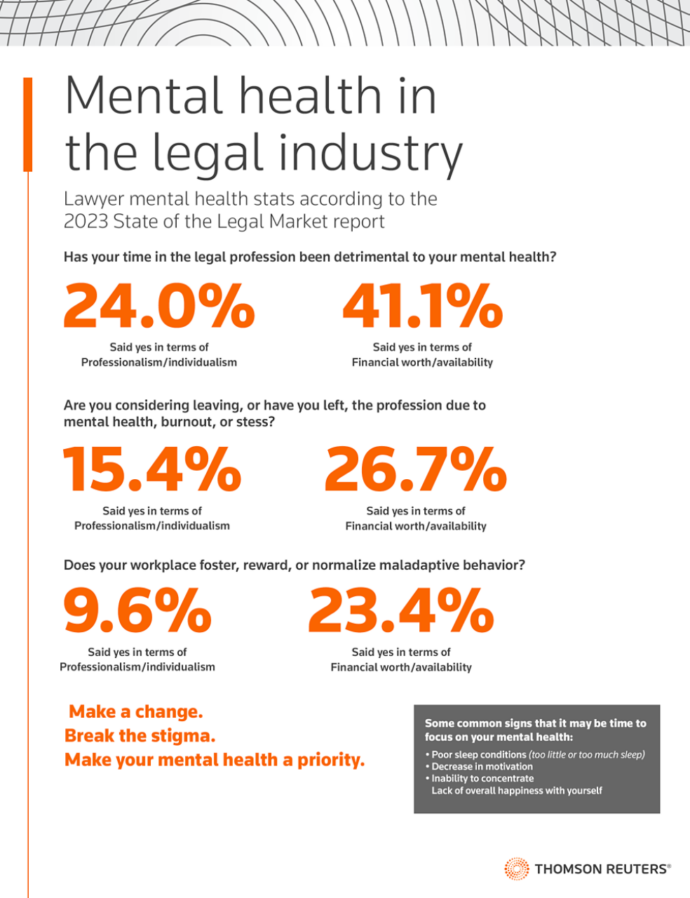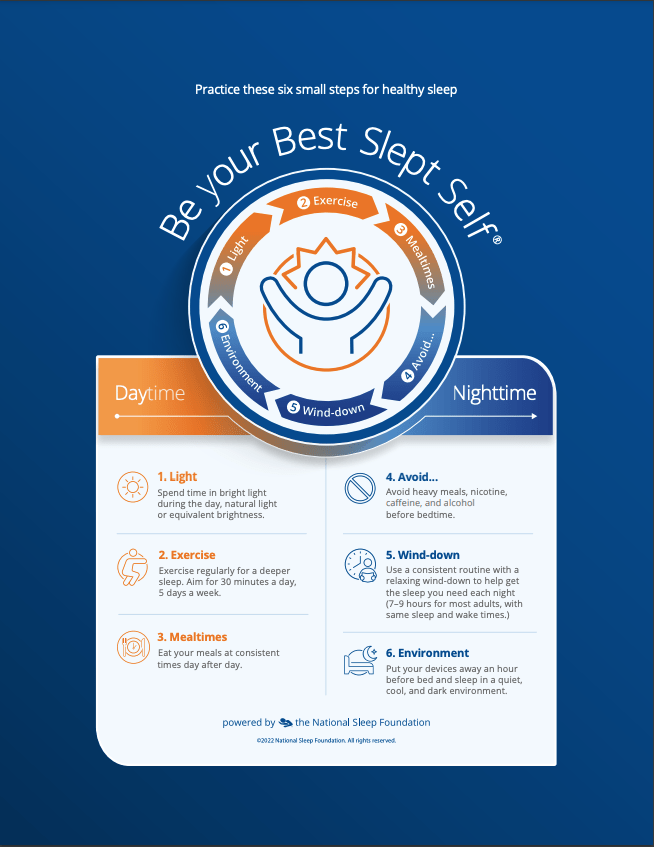It’s National Sleep Week. Each year, the National Sleep Foundation, “takes this time to reemphasize the important connection between your sleep and your health and well-being.”
Attorneys are known for their ability to thrive under pressure. Whether you’re an attorney who helps corporations protect their interests in multi-million-dollar deals or individuals protect their rights in court, you likely manage a significant amount of stress and work much more than the standard 40-hour work week. While many attorneys are aware of the toll their profession takes on their personal and social lives, a lesser number understand the impact that working from sun-up until sun-down can have on their sleep patterns and overall health.
Why robbing the sandman, doesn’t pay
Think about your own circumstances. Do you get at least seven hours of sleep consistently and wake feeling rested and alert? If not, you’re not alone. According to the American Bar Association, many attorneys get fewer than the recommended amount of sleep a night and are among the most sleep-deprived group of professionals. Over time, the effects of sleep deprivation compound, affecting an individual’s ability to concentrate, reason and make sound decisions—all skills that are essential when practicing law.
For busy attorneys who are consumed by tasks associated with client service, matter management, and professional development, there are never enough hours in the day. To get by, many attorneys work late into the night or get up early — robbing their bodies and brains of much-needed time to rest, recover, and reset.
The result? Your mind isn’t as sharp and focused. Facts and information that were previously recalled easily, now escape you. You have trouble concentrating and are forced to read and re-read important case documents. You are physically worn out and often feel unwell.
 |
Resource for youStrike the right balance between work and home with tips on improving work/life balance
|
The legal field’s institutionalization of sleep scarcity
For attorneys, poor sleep habits are often born in law school, as all-night cram sessions become all too common for many high-achieving students. Upon passing the bar, the pervasive undervaluing of sleep persists as young associates sacrifice precious hours of slumber to prove their worth to firm partners.
Before you know it, you are a law firm partner who hasn’t enjoyed consistent or quality sleep in years and, whether you realize it or not, you are paying the price. From anxiety and depression to diabetes and heart disease, over time chronic sleep deprivation takes a tremendous toll on your body and can lead to serious health conditions that severely diminish your quality of life.
Links between sleep health and mental health for lawyers
According to the National Sleep Foundation, the average adult requires between seven to nine hours of sleep per night. Getting too little sleep has been linked to various adverse mental, emotional, and physical side effects including decreased cognitive functioning, mood swings, weight gain, and hypertension.

– Poor sleep conditions (too little or too much sleep);
– Decrease in motivation;
– Inability to concentrate;
– Lack of overall happiness with yourself
Establish personal wellness non-negotiables around sleep
Thankfully, this doesn’t have to be your reality. As millennial attorneys demand a better work/life balance, the cultural pendulum at many law firms is shifting. Leadership is beginning to recognize the vital role their attorneys’ wellness plays in the health and prosperity of their firm.
Unfortunately, after years of poor sleep habits, many attorneys who want to make sleep a personal wellness priority, struggle. If you have difficulty winding down at night and falling or staying asleep, the following tips can help:
Turn off your screens
Turn off the television and your cell phone at least one hour before bed.
Develop decompression rituals
Spend one hour before bed, unwinding from the day. Meditate, practice deep breathing or do some stretching or low-impact exercises.
Go to bed earlier
Aim to get at least seven hours of sleep each night.
Use the power of visualization to your advantage
Slow and deepen your breathing and visualize yourself in a deep sleep.
Skip the nightcap
According to the National Sleep Foundation, alcohol interferes with your body’s normal chemical production and affects your ability to sleep soundly and stay asleep.
Work through worries
Carve out 10 to 15 minutes earlier in the day to think about work and personal matters so you’re not lying awake thinking when you should be sleeping.
Tips from the National Sleep Foundation
Source — National Sleep Foundation
Need help incorporating more balance into your law firm and busy life? Download our white paper, Striking the right balance between work and home.
For more on attorney well-being, explore our blog.










